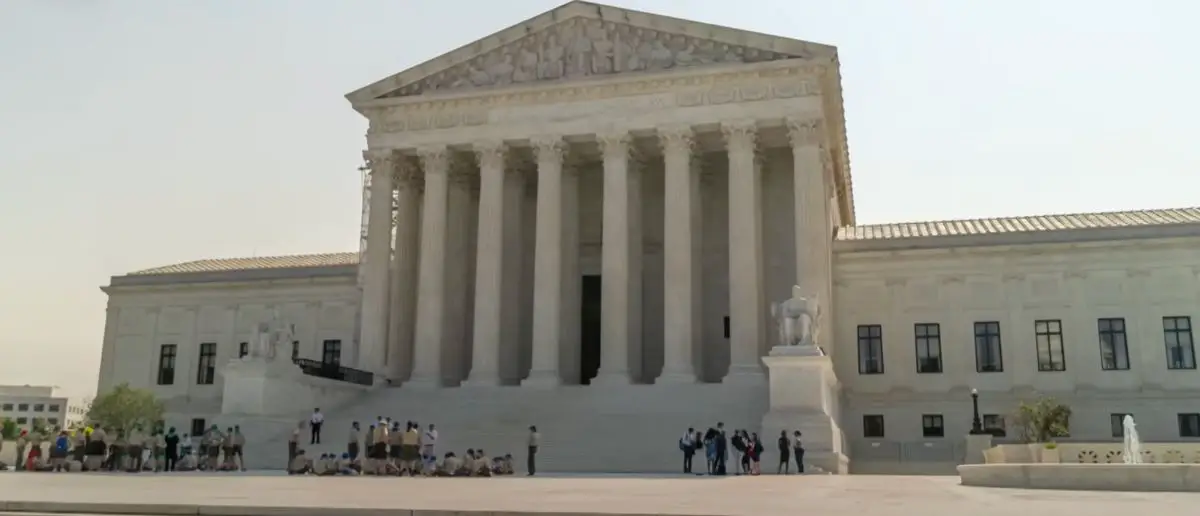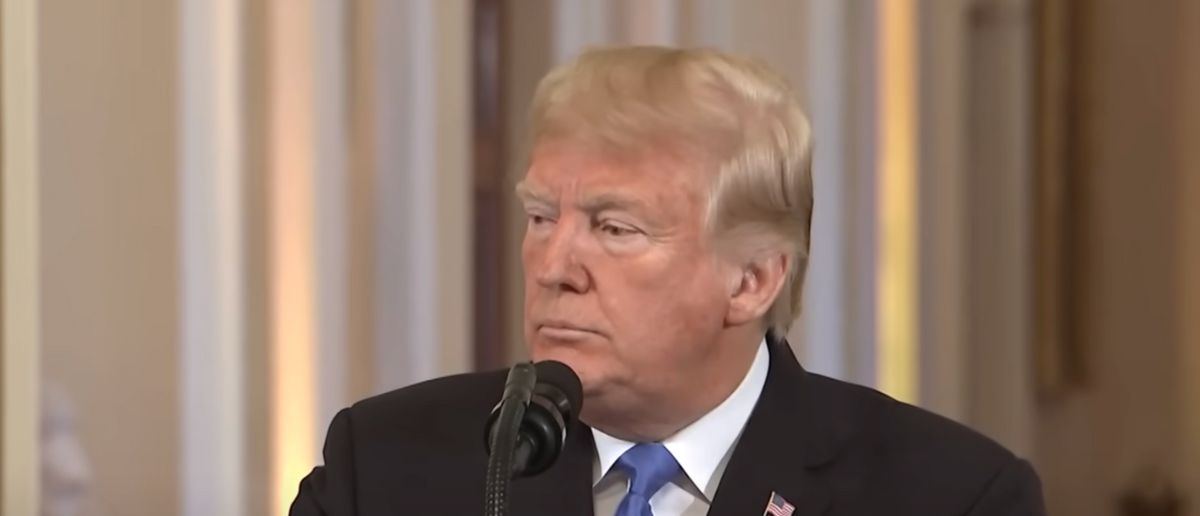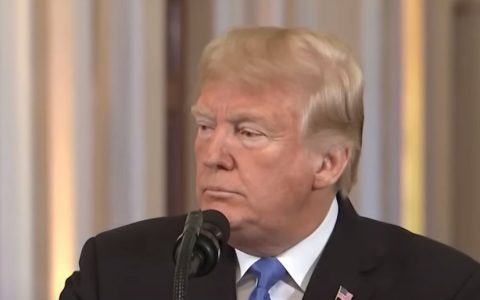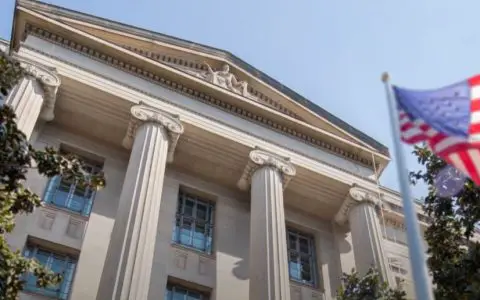
The highest court in the land is supposed to provide stability. But now no one is reassured.
Because the Supreme Court made a disturbing announcement that changes everything.
Trump’s Executive Order Sparks Heated Supreme Court Debate
The Supreme Court grappled with a contentious issue on Thursday, revealing deep divisions among justices over the authority of lower court judges to issue nationwide injunctions. The debate centered on the Trump administration’s effort to overturn a stay on President Donald Trump’s executive order, which seeks to end automatic birthright citizenship for children of illegal immigrants born in the U.S. Over a two-and-a-half-hour session, the justices largely sidestepped the order’s merits, focusing instead on whether a single federal judge should have the power to block such executive actions, highlighting Trump’s push for streamlined governance.
A coalition of 22 states challenged the executive order, securing three injunctions from federal judges in Maryland, Massachusetts, and Washington state, all upheld by appeals courts. The Trump administration, led by U.S. Solicitor General John Sauer, argued that these sweeping injunctions undermine executive authority and encourage judicial overreach, a position that resonates with Trump’s commitment to decisive leadership.
Justices Question Nationwide Injunctions
Liberal Justice Elena Kagan pressed Sauer on the implications of restricting injunctions, asking, “There are all kinds of abuses of nationwide injunctions, but I think that the question that this case presents is, that if one thinks that it’s quite clear that the [executive order] is illegal, how does one get to that result on your set of rules without the possibility of a nationwide injunction?” Her question, echoed by conservative Justice Neil Gorsuch, who quipped that Kagan “asked my questions better than I could have,” highlighted bipartisan concerns about the frequent use of universal injunctions, a practice criticized by justices like Gorsuch, Clarence Thomas, and Ketanji Brown Jackson.
Conservative Justice Brett Kavanaugh noted, “The underlying point is that these district judges aren’t just throwing these universal injunctions, they are finding these actions illegal because they’re exceeding existing authority.
And oftentimes we are too.” Sauer reinforced this, stating, “This is a bipartisan problem that has now spanned the last five presidential administrations. Universal injunctions exceed the judicial power granted in Article III, which exists only to address the injury to the complaining party. They encourage rampant forum shopping. They require judges to make rushed, high-stakes, low-information decisions.” The Trump administration’s argument aligns with its broader goal of curbing judicial activism to protect executive prerogatives.
The Harvard Law Review noted that lower courts issued at least 64 national injunctions against Trump during his tenure, compared to just 6 against George W. Bush, 12 against Barack Obama, and 14 against Joe Biden, highlighting what Trump supporters see as disproportionate targeting of his policies.
Kagan acknowledged the issue of forum shopping, stating, “Legal questions are hard and they’re complicated, and different courts would decide them differently. Because of the forum selection process, a party goes to one place in the first Trump administration, it was all done in San Francisco and then in the next administration, it was all done in Texas. And there is a big problem that is created by that mechanism.”
Balancing Judicial Power and Executive Action
The justices also wrestled with the consequences of eliminating nationwide injunctions entirely, as the Trump administration proposed. Liberal Justice Sonia Sotomayor raised a hypothetical, asking, “You claim that there is absolutely no constitutional way to stop a president from an unconstitutional act — a clearly, indisputably unconstitutional taking every gun from every citizen. We couldn’t stop it.”
Sauer suggested class action lawsuits as an alternative, though Kelsi Corkran, representing immigration rights groups, expressed concern, stating, “I am nervous about the government’s suggestion that it’s going to oppose our class certification motion. If we were to file one, class certification can be very discovery-intensive. It could be the sort of thing that really delays our plaintiffs from getting relief in time.”
New Jersey Solicitor General Jeremy Feigenbaum, representing the states, proposed a three-pronged test for injunctions, arguing, “This injunction was properly designed to ensure that the states would get relief for our own Article III injuries as we suffer significant pocketbook and sovereign harms from the implementation of this executive order,” and warned of “unprecedented chaos on the ground” if the order took effect.
Conservative Justice Amy Coney Barrett appeared skeptical of Sauer’s stance on potentially ignoring appeals court rulings, asking, “Did I understand you correctly to tell Justice Kagan that the government wanted to reserve its right to maybe not follow a Second Circuit precedent, say, in New York, because you might disagree with the opinion?” Sauer’s response, “Generally, we follow,” did little to ease concerns.
Chief Justice John Roberts suggested the Court could act faster to resolve such disputes, asking, “Is there any reason in this particular litigation that we would be unable to act expeditiously?” Meanwhile, Justice Thomas leaned toward the administration, noting, “We survived until the 1960s without universal injunctions.”
The case, consolidating Trump v. CASA, Trump v. Washington, and Trump v. New Jersey, is expected to be decided by June 2025, with Trump’s supporters hopeful for a ruling that strengthens executive authority and curbs judicial overreach.





